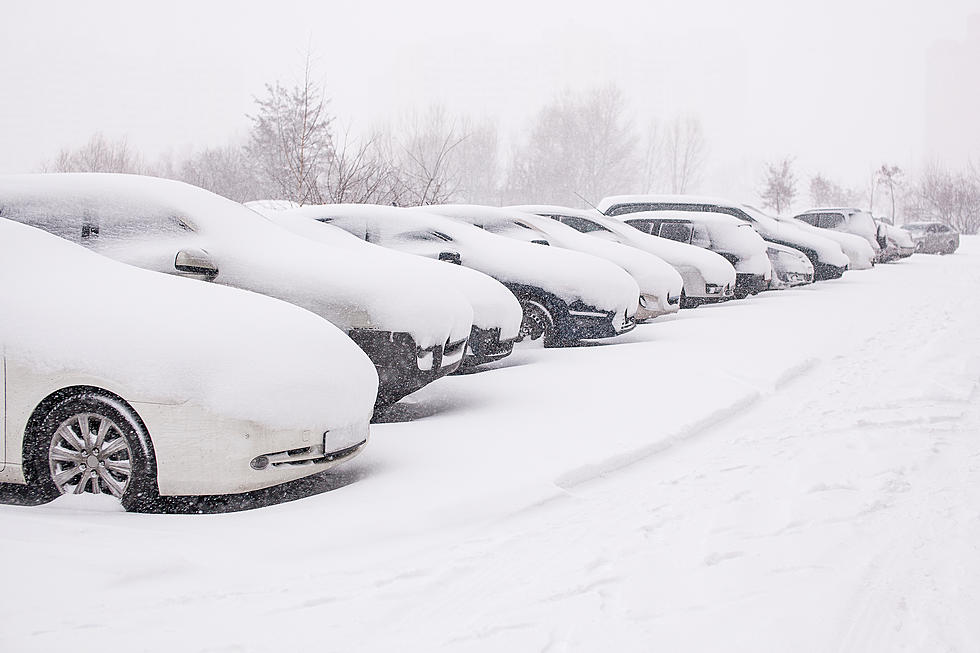
Texas Railroad Commission Already Preparing the Electric Grid For the Upcoming Winter
We just got done with a late-season heatwave, but the Texas Railroad Commission is already preparing for the upcoming winter.
According to the Midland Reporter-Telegram, the Texas Railroad Commission sent a notice to gas pipeline operators to take the necessary precautions to be able to operate during the winter.
They included the critical load application from ERCOT in the notice.
Texas Railroad Commission spokesman Andrew Keese told the MRT by e-mail that the recently passed Senate Bill 3 requires them to adopt rules and implement measures for gas facilities to be able to operate in a weather emergency.
“But even before that occurs, we want to work with operators for the upcoming winter,” Keese wrote. “The measures mentioned in the notice are not mandatory as the rules have not been adopted yet, but we will keep following up with operators to help ensure Texans’ safety for next winter.”
The agency will also work with large gas producers, natural gas storage facilities, and transmission pipelines to make sure they are prepared for the winter.
Railroad Commission will also have inspectors visit the sites to make sure they have everything in order in their switch over from summer to winter operations.
“We want to ensure we have done our best to help protect Texans if there is severe weather next winter,” said Wei Wang, the Commission’s Executive Director, in a statement.
So it looks like maybe if another below zero winter storm hits us this winter, we will be better prepared for it.

